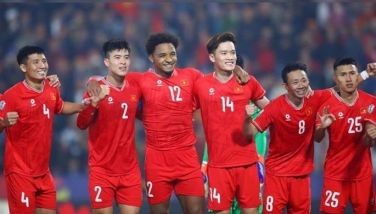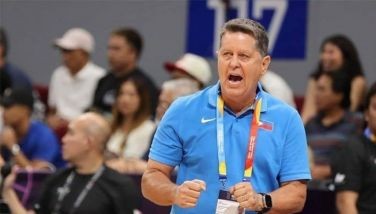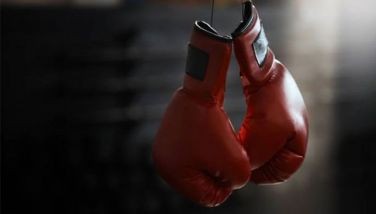A return to provincial life
“Living is simple. Loving is simple. Laughing is simple. Winning is also very simple but living your life in a simple way is difficult.” – Unknown
Google on Monday announced that its employees would work from home until next summer, or July 2021. Twitter and Facebook had already set this status quo early in the pandemic. For tech companies, this was the most efficient way to stay operational while protecting their employees. Of course, they had to modify their security protocols to accommodate the additional geographical locations that their data would be coming from.
We see a steady migration away from large urban centers around the world, as many employees have either been on prolonged leave, or were told to work from home. The cities with the most expensive homes or rentals (like San Francisco and New York in the US) saw the biggest early emigration. It made no sense for residents to maintain high-priced homes when they could live in the suburbs for a little over half the price. If they were only required to be physically present once a week, a train or bus ride would suffice. This has been the way of life for the everyday working class people in Tokyo. With the city’s prohibitive prices, employees live as far as over a hundred kilometers away, an hour by bullet train. This is akin to living in Pampanga while working in Makati.
For many Philippine athletes in elite sports, being in a more rural area allows them greater freedom to train in their own. In Metro Manila, for example, movement was restricted for months, sports complexes are on lockdown, and private gyms were not allowed to resume operations for the longest time. But those who are home in the provinces or in suburban or remote areas overseas have greater mobility and access to equipment. Athletes from the provinces can train there in relative safety and isolation. 2012 PBA Most Valuable Player James Yap has free access to gym equipment, a basketball court and open space to do roadwork in his wife’s town in Italy. Other PBA players in the US have had an easier time staying in shape, and are only flying back to the country now that practices have been allowed by the IATF and GAB.
With an increasing number of COVID cases being reported in the Philippines, there is also a growing market for beachfront property. Since many business professionals are learning to work from home, a more peaceful rural life suddenly has increased appeal. In the early 1990’s, the Philippine Sports Commission planned to establish an aquatic sports center at the Narciso Ramos sports complex on Lingayen beach in Pangasinan. Past administrations have also studied building new training centers for national athletes far from Metro Manila. This would have been ideal for the current situation.
The sports complex in Clark, Pampanga should only be the beginning of moving athletes away from urban centers. There is really no reason for them to be in the NCR in the first place. It’s where all the distractions are. In the past, bars lined the outer wall of Rizal Memorial Sports Complex. The city’s air quality is probably the worst in the country. This was an issue Beijing had to address urgently before the 2008 Olympics. Let’s also recall that the Philippines won the overall championship in the 2005 Southeast Asian Games after over 300 national athletes trained in isolation in China for two months.
The pandemic should provide impetus to migrate the athletes out of urban areas. There are just too many benefits to it. Food is cheaper. Transportation costs less, as does electricity. The air is cleaner. The athletes will have nothing to do but train and study. Media appearances or interviews can be done online or by phone, as can calls to family. After the Tokyo Olympics, the four-year cycle of SEA Games-Asian Games-Olympics starts all over again. The infrastructure is already there. Pampanga, Baguio, Tarlac, Pangasinan and provinces in the south already have multi-sports facilities that merely need minor renovation.
Most Filipinos from the provinces make the leap to National Capital Region to find a livelihood. Athletes already have income from their allowances and sponsors. Even outside of Metro Manila, they can further their studies online. Everything else can be done for them. All they need to do is train.
Hollywood leading man Cary Grant once said, “My formula for living is quite simple. I get up in the morning and I go to bed at night. In between, I occupy myself as best I can.”
And there is no better way to occupy your life than through sport.
- Latest
- Trending



























